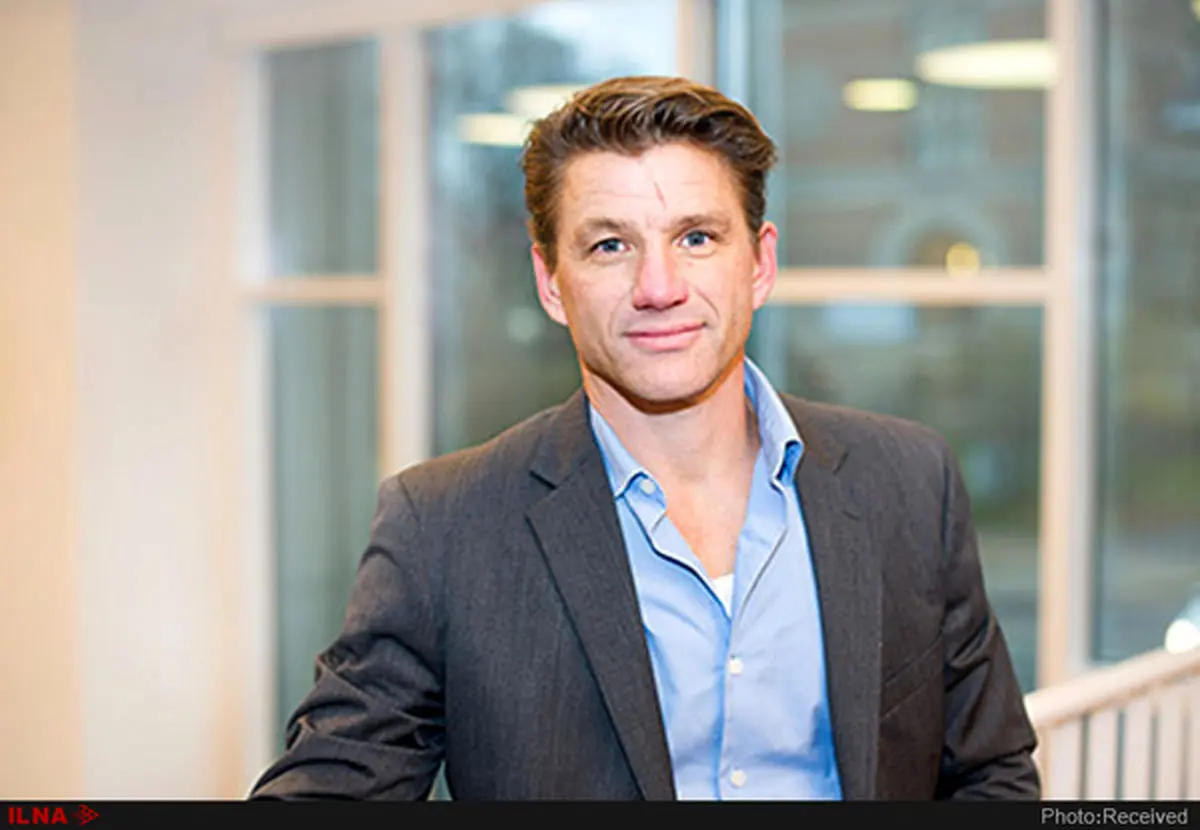Serious challenges are ahead in Sweden; Andreas Bågenholm tells ILNA

The Social Democrat Party seeks to make these elections a campaign for the welfare state. Therefore, in relation to issues such as taxes, they attack the right-wing parties and accuse them of undermining the idea of welfare state.
Andreas Bågenholm, (Ph.D) is a Senior Lecturer and Research Fellow at the Department of Political Science. He is the Program Manager at the Quality of Government Institute, the Project Manager for the EU financed ANTICORRP project and co-editor of the European Journal of Political Research Data Yearbook.
ILNA: Despite the fact that Sweden has received many immigrants in recent decades, what is the reason for the general interest in the anti-immigration party "Swedish Democrats" over the past few years?
Sweden Democrats have been in the political space for some time. Since 2010, their activities have become more vibrant and more powerful. Most polls show the importance of immigration issues in the country, and they have also emphasized this on their campaign. Immigration and security has become an important issue in the upcoming election. In the past, the elections were more about welfare and health, but this election is different. Another reason is that Sweden has accepted 163,000 refuges since 2015, and this has added to the concerns about refuges in today politics.
There are challenges ahead, which some of them are pretty serious. Another reason why this party is popular is that they have never played a serious role in the government and never had much responsibility, and only criticized the government. Now is their chance to get what they have always wanted.
ILNA: The polls show that the populist Swedish Democrats might get one fifth of the votes. How likely will this be, and how will it affect the prospects for future coalitions in the future government?
It depends on whether other parties will form coalitions with them. Most of the Swedish parties have said they won't. I believe that they can not play a serious role in the future government. The question is whether the future government will be right-wing and, if so, how much it will give in to this party.
ILNA: How do you evaluate the rise of far right in countries like Sweden and in general the whole Europe?
In countries where asylum seekers have been ascending, the right-wing parties are naturally popular. For example, in Germany the right-wing parties had a very low popularity, but with the acceptance of the large number of refuges, they gained a better stance.
Right-wing parties in Western Europe are very similar to each other. Their basis is mostly anti-immigrant. The Syrian refugee crisis has had a huge impact on this issue and turned on its engine. Of course, some Western right-wing parties were also powerful in the past. In the case of Central and Eastern Europe, the case is a little different. Of course, these parties are also against refuges, but the majority of them have roots in ethnic minorities, like Jew communities in Hungary and Slovakia. Therefore, there is a difference between Western and Eastern Europe.
ILNA: The Swedish Social Democratic Party, which has held power for several periods in the country, is considered to be the architect of the Swedish welfare state. What are the reasons for diminishing interest in this party in spite of the achievements in the field of welfare and economics? How can one justify the rising interest of working class to far right, given the fact that Social Democrats has done so much for the Swedish proletariat?
I don’t think this has anything to do with indifference towards the welfare state. I think the welfare state is an important issue in the election, and the right-wing parties have also emphasized on it. This can be seen in their campaigns over the past few weeks. The Social Democrat Party seeks to make these elections a campaign for the welfare state. Therefore, in relation to issues such as taxes, they attack the right-wing parties and accuse them of undermining the idea of welfare state. Social Democrats are demanding more funding for the welfare state. Most Swedish parties are trying to put less emphasize on the issue of refuges. Apart from Sweden Democrats, other parties are not so eager to use the issue of refuges in their favor. There are differences among Swedish voters. The high taxes and lowering of government spending are the issues that many disagree over. Taxes are high in Sweden and many will put finger on this matter in the upcoming days.
ILNA: It seems like populists in Sweden have taken a different path from mainstream right wingers in Europe. For instance, they have changed their slogan and logo. Why do you think the Swedish populism is trying to distinguish itself from its "brothers in arms”?
Sweden Democrats has a root in Neo-Nazi movements. But in my idea, they are a bit different from the mainstream far-right parties. They emphasize on reviving Swedish culture and tradition. This is a part of their ideological structure. They believe refuges are a threat toward these traditions. But the point is that there is no definite Swedish value that anyone wants to put it at risk. Things that are essentially raised as Swedish values are global concepts found anywhere in the world. Human rights and sexual freedom are issues that are commonplace in most countries, but these parties are trying to turn these issues into specific and unique components that are found only in Sweden. Therefore, the idea that the entry of Muslims is a threat to these values, follows from the same principle and logic
Interview: Kamran Baradaran
Edited by: Azadeh Keshvardoust
